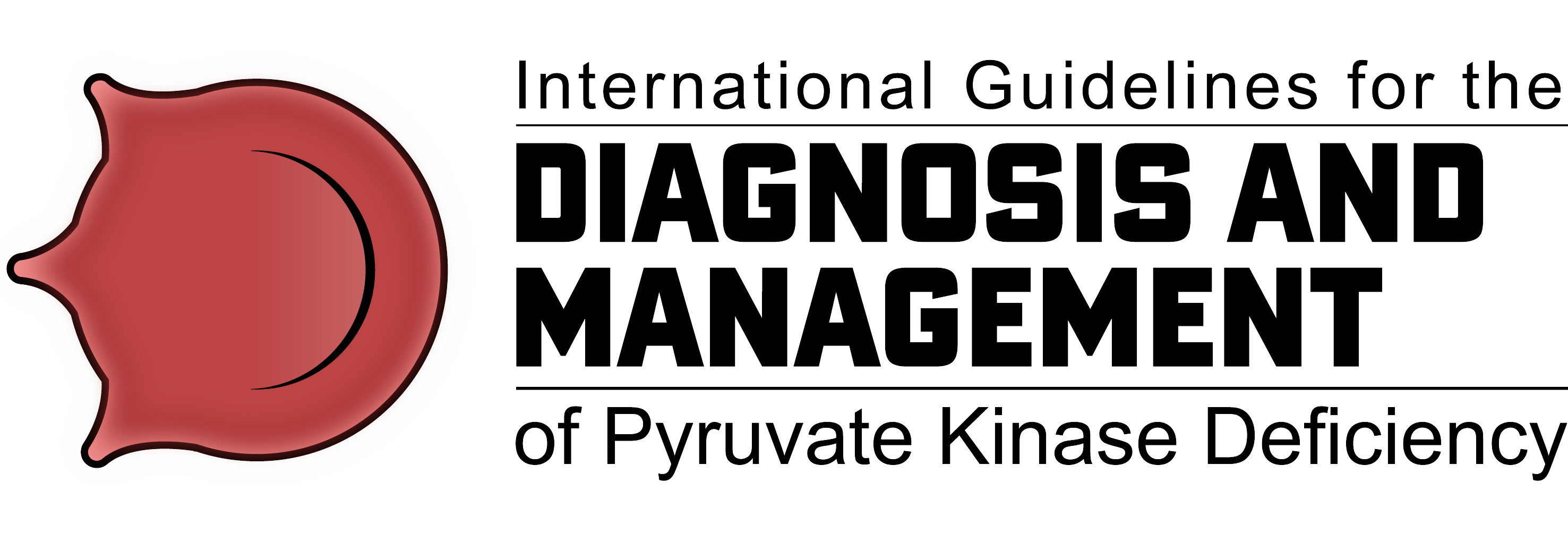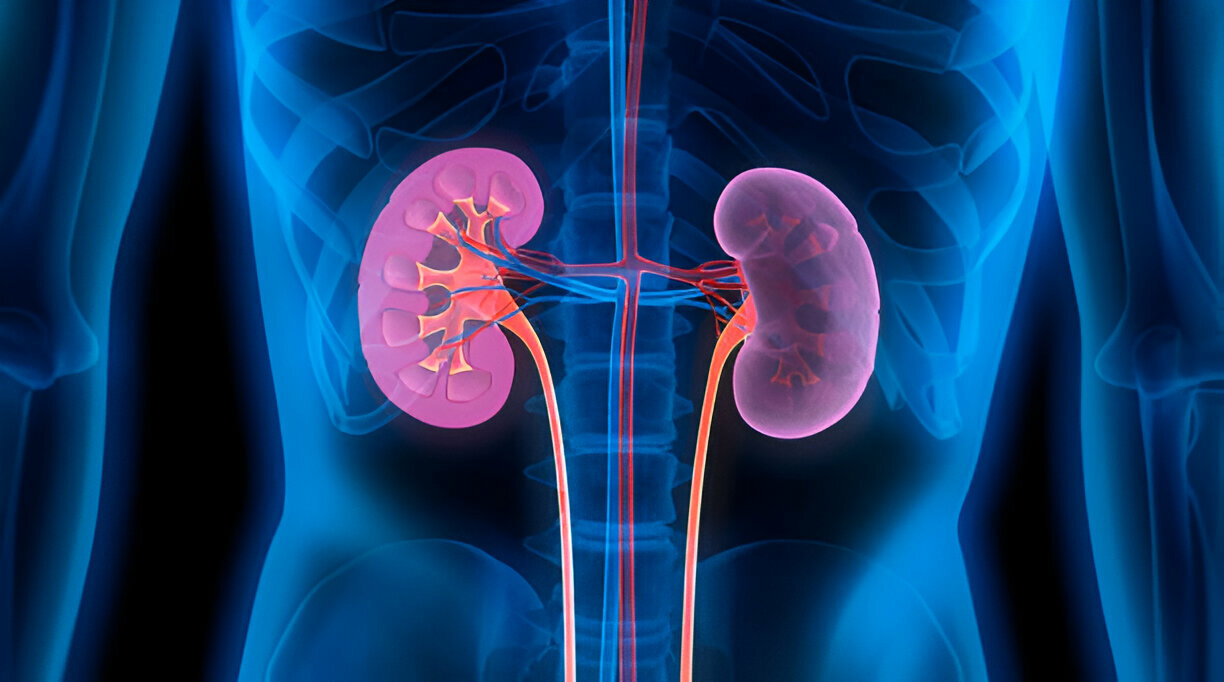Polycystic Kidney Disease (PKD) is a condition many fear. This genetic disorder can disrupt your life. But does it always lead to kidney failure? Understanding PKD, its effects, and treatments can help you stay informed. Let’s explore the truth about PKD and your kidney health.
What is PKD?
PKD stands for Polycystic Kidney Disease. It’s a genetic disorder that causes cysts to grow in the kidneys. These cysts are fluid-filled sacs. They vary in size and number. Over time, they enlarge the kidneys and reduce function. If untreated, PKD can lead to complications. However, not everyone with PKD will experience kidney failure.
PKD is one of the most common genetic disorders. It affects millions worldwide. There are two main types: Autosomal Dominant PKD (ADPKD) and Autosomal Recessive PKD (ARPKD). ADPKD is more common and typically appears in adulthood. ARPKD is rare and usually affects children. Understanding the type of PKD you have is essential for effective management.
Symptoms of PKD
The symptoms of PKD can vary. Some people might not notice signs early on. Common symptoms include back pain, high blood pressure, and frequent urinary tract infections. In severe cases, individuals may experience blood in the urine. As the disease progresses, kidney function declines. This can result in chronic kidney disease (CKD).
High blood pressure is one of the earliest and most common symptoms of PKD. Managing blood pressure is crucial because it directly affects kidney health. Headaches, fatigue, and swelling in the legs or feet may also occur. If you experience any of these symptoms, consulting a healthcare professional is essential. Early detection can slow the disease’s progression.
Is Kidney Failure Inevitable?
Not everyone with PKD faces kidney failure. The risk depends on many factors. Family history plays a major role. Lifestyle choices, like diet and exercise, also matter. With proper care, it’s possible to slow the progression of PKD. Early diagnosis and treatment are critical. By managing the disease, many people avoid severe complications.
The progression of PKD varies widely among individuals. Some people maintain normal kidney function well into old age. Others may experience rapid decline. Factors like smoking, obesity, and untreated high blood pressure can worsen the condition. Staying proactive in your healthcare routine can make a significant difference.
The Role of PKD
Pyruvate Kinase Deficiency (PKD) is another health condition. It affects red blood cells. While unrelated to Polycystic Kidney Disease, it’s important to understand its effects. PKD can lead to anemia. This can put additional strain on the body, including the kidneys. For parents, monitoring overall health is essential. Early interventions can prevent serious complications.
Anemia caused by PKD reduces oxygen supply to organs. This can exacerbate existing health issues. Children with PKD require regular medical check-ups. Parents play a vital role in managing their child’s condition. Ensuring proper nutrition and treatment helps minimize complications. Collaboration with healthcare providers is crucial for effective care.
Managing PKD
Effective management can make a big difference. Regular check-ups with your doctor are key. Medical assistant online often plays a vital role. They help track symptoms and provide guidance. Staying informed about your condition is empowering. Dietary changes, like reducing salt, can help manage blood pressure. Staying active supports overall health. Medication may also be prescribed to protect kidney function.
Diet plays a significant role in PKD management. Reducing protein intake can ease the kidneys’ workload. Drinking plenty of water helps prevent kidney stones. Avoiding processed foods and maintaining a healthy weight are also beneficial. Consult a nutritionist for a personalized meal plan. Exercise, even light activities like walking, can improve your overall well-being.
Stress management is another critical aspect. Chronic stress can worsen high blood pressure and kidney health. Techniques like meditation, yoga, or deep breathing exercises can help. Support groups and counseling offer emotional relief. Talking to others who understand your challenges can provide comfort and motivation.
Advances in Treatment
Medical research continues to improve PKD care. New treatments aim to slow cyst growth. Some focus on preserving kidney function. Genetic testing helps identify the risk early. This allows for personalized treatment plans. Online resources also provide valuable support. Many individuals find online communities helpful. Sharing experiences and tips can make the journey less overwhelming.
Recent advances include medications like tolvaptan. This drug slows cyst growth in ADPKD patients. Clinical trials are exploring new therapies, including gene editing. Innovations in dialysis and transplantation improve outcomes for those with advanced kidney disease. Staying updated on medical advancements is crucial. Discussing these options with your healthcare provider ensures the best care.
Telemedicine has also made healthcare more accessible. Many doctors offer virtual consultations. This is especially helpful for individuals in remote areas. Online platforms provide educational materials and forums. These resources empower patients to take control of their health. Knowledge is a powerful tool in managing PKD.
Living with PKD
Life with PKD requires adjustments. But it doesn’t mean giving up on a healthy, fulfilling life. Staying proactive is crucial. Regular health screenings ensure early detection of issues. Building a strong support system is also important. Friends, family, and healthcare professionals can provide the encouragement you need. Remember, you’re not alone in this journey.
For parents of children with PKD, the journey can be challenging. Educating yourself about the condition helps you advocate for your child. Schools and caregivers should be informed about any special needs. Encouraging a balanced lifestyle from an early age sets the foundation for better health. Open communication within the family fosters understanding and support.
Mental health is equally important. PKD can be emotionally taxing. Seeking professional help for anxiety or depression is a sign of strength, not weakness. Many people find solace in hobbies or creative outlets. Finding joy in small moments makes a big difference. Celebrate progress, no matter how small, and focus on what you can control.
Conclusion
PKD doesn’t have to dictate your future. With proper care, many people live full lives without facing kidney failure. Stay informed, seek medical advice, and adopt a healthy lifestyle. Together, these steps can protect your kidneys and overall well-being.

